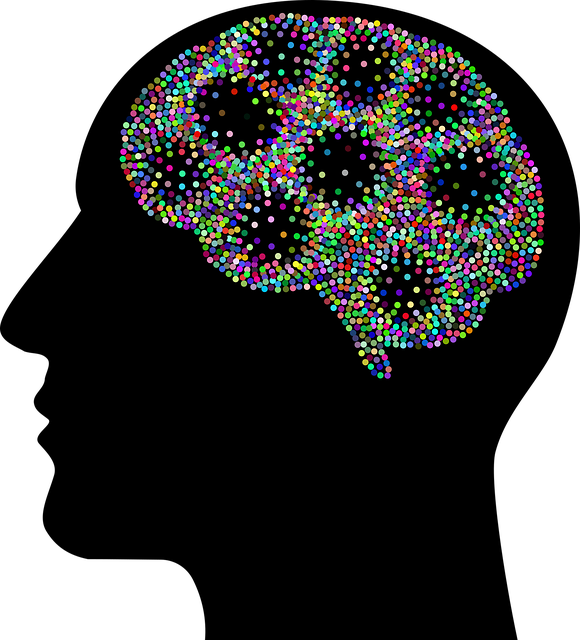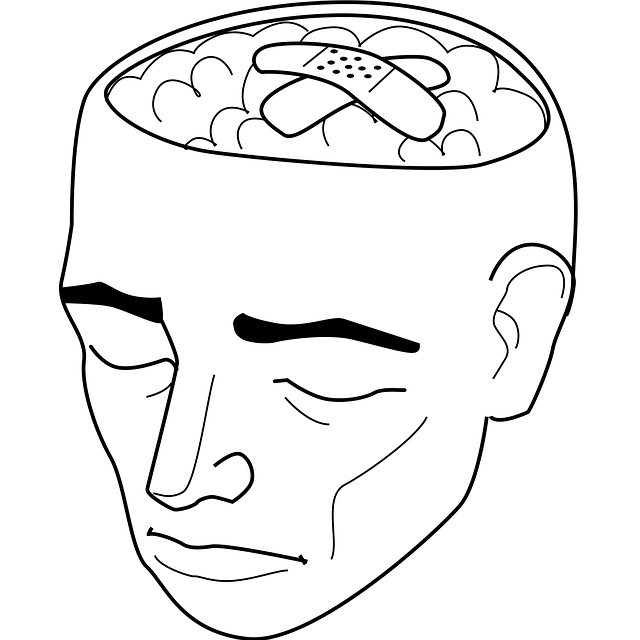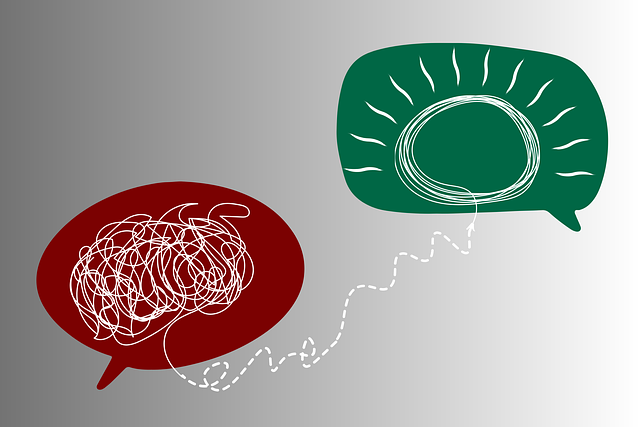Cultural competency is a vital skill for healthcare providers in diverse societies, especially with growing demand for services like Lafayette Crisis Counseling Therapy (LCT). Recognizing and respecting cultural differences improves patient outcomes and builds trust. LCT enhances mental health care through specialized training and initiatives like the Community Outreach Program, empowering professionals to sensitively navigate varied contexts and address access barriers. Effective programs include comprehensive staff training, interactive workshops, role-playing, self-care routine development, and community outreach. Challenges exist in diverse communities, but culturally competent care improves communication, understanding, and treatment access, enhancing satisfaction and outcomes. LCT's commitment ensures inclusive, effective patient care, empowering professionals to support diverse populations while maintaining well-being through mindfulness and self-care practices.
In today’s diverse healthcare landscape, cultural competency is no longer an option but a necessity. This comprehensive guide explores the critical role of training in bridging cultural gaps, with a spotlight on Lafayette Crisis Counseling Therapy’s innovative approach. We delve into key components of effective programs, highlighting challenges and benefits for both providers and patients. Learn how implementing tailored training strategies can revolutionize patient care and outcomes.
- Understanding Cultural Competency in Healthcare: A Necessary Overview
- The Role of Lafayette Crisis Counseling Therapy in Training
- Key Components of Effective Cultural Competency Programs
- Challenges and Benefits for Healthcare Providers and Patients
- Implementing and Evaluating Cultural Competency Training Strategies
Understanding Cultural Competency in Healthcare: A Necessary Overview

Cultural competency in healthcare refers to the ability of providers to understand, appreciate, and effectively interact with patients from diverse cultural backgrounds. It involves recognizing and respecting differences in values, beliefs, and behaviors, and tailoring care accordingly. In today’s diverse society, where Lafayette Crisis Counseling Therapy services are increasingly sought after, this skill set is no longer optional but essential.
Given the rising demand for mental wellness support, as highlighted in the Mental Wellness Podcast Series Production, understanding cultural nuances can significantly improve patient outcomes. For instance, effective communication strategies, as discussed in various Stress Management resources, heavily rely on cultural competency to ensure messages are conveyed sensitively and accurately. By embracing cultural competency, healthcare providers can foster better relationships with patients, increase trust, and ultimately improve access to care for all individuals, regardless of their cultural or ethnic background.
The Role of Lafayette Crisis Counseling Therapy in Training

Lafayette Crisis Counseling Therapy plays a pivotal role in enhancing cultural competency within healthcare. Through its comprehensive programs, it equips professionals with the skills to navigate diverse cultural landscapes and provide sensitive, effective care. This is crucial in a society where mental health awareness is increasingly prioritized, emphasizing the need for tailored trauma support services that respect individual backgrounds and experiences.
The therapy center offers more than just training; it facilitates discussions on implicit biases, cultural barriers to healthcare access, and strategies for delivering culturally responsive care. Their Community Outreach Program Implementation initiatives ensure that these competencies extend beyond the clinical setting. By engaging with communities at large, Lafayette Crisis Counseling Therapy fosters trust, understanding, and a deeper connection between healthcare providers and the populations they serve, ultimately enriching the overall mental health ecosystem.
Key Components of Effective Cultural Competency Programs

Effective cultural competency programs in healthcare settings are multifaceted and essential for delivering quality care to diverse populations. The key components include comprehensive training for staff, with a focus on raising awareness about different cultural beliefs, values, and practices. This involves interactive workshops that encourage open discussions and role-playing scenarios to enhance understanding and empathy.
At Lafayette Crisis Counseling Therapy, we recognize the importance of these programs in fostering inclusive environments. By integrating topics like Self-Care Routine Development for Better Mental Health and Community Outreach Program Implementation, our training goes beyond surface-level awareness. We equip professionals with coping skills development tools, enabling them to navigate complex cultural situations sensitively and effectively. This holistic approach ensures that patients from various backgrounds receive personalized care tailored to their unique needs.
Challenges and Benefits for Healthcare Providers and Patients

Healthcare provider cultural competency training presents both challenges and benefits. On one hand, it’s a complex task to educate professionals about diverse cultures, beliefs, and values, especially in varied communities like Lafayette, where unique ethnic and socio-economic landscapes exist. This training demands an understanding of sensitive topics, historical traumas, and current social issues that can impact healthcare experiences for both providers and patients.
However, the benefits are significant. When healthcare providers become culturally competent, they can offer more personalized and empathetic care. They become better equipped to communicate effectively, understand patient concerns, and address disparities in access to quality treatment. This, in turn, enhances patient satisfaction, trust, and outcomes, potentially leading to improved mental health for individuals seeking services from Lafayette Crisis Counseling Therapy or similar community outreach programs. Furthermore, mindfulness meditation and self-care practices, often integrated into cultural competency training, contribute to the well-being of healthcare providers, enabling them to sustain their dedication and effectiveness in serving diverse populations.
Implementing and Evaluating Cultural Competency Training Strategies

Implementing cultural competency training is a vital step for healthcare providers to offer inclusive and effective care. It involves equipping professionals with the knowledge and skills to navigate diverse patient populations, respecting and understanding their unique cultural backgrounds, beliefs, and communication preferences. At Lafayette Crisis Counseling Therapy, we believe in the power of this approach, as it can significantly enhance patient outcomes and satisfaction.
Evaluating these training strategies is crucial to ensure their effectiveness. This process includes assessing knowledge gain, attitudinal changes, and practical application through role-playing scenarios or case studies. By incorporating crisis intervention guidance and conflict resolution techniques, professionals can manage sensitive situations with cultural sensitivity. Moreover, addressing burnout prevention through these training programs enables healthcare providers to maintain resilience while offering support to patients from various cultural contexts.
Cultural competency training, as demonstrated by Lafayette Crisis Counseling Therapy’s effective programs, is a vital component of modern healthcare. By equipping providers with the knowledge and skills to navigate diverse cultural landscapes, we not only improve patient outcomes but also foster inclusive and respectful healthcare environments. Key components, such as community engagement, bias awareness, and cross-cultural communication, must be integral to these training strategies. Overcoming challenges through continuous evaluation ensures that healthcare providers are prepared to meet the needs of a diverse patient population, ultimately enhancing care quality and promoting health equity.









